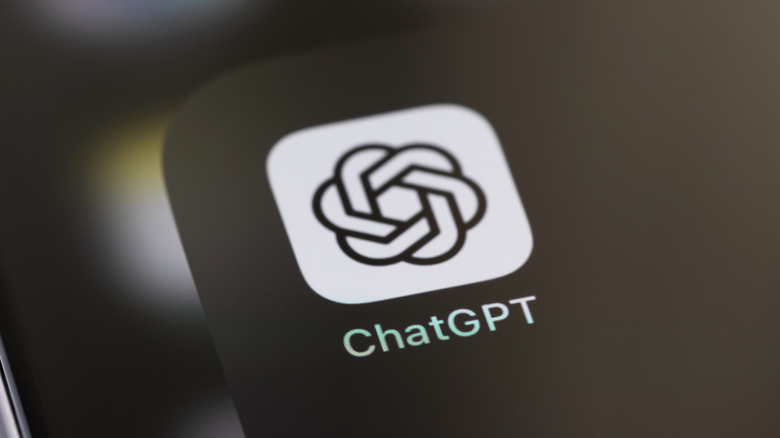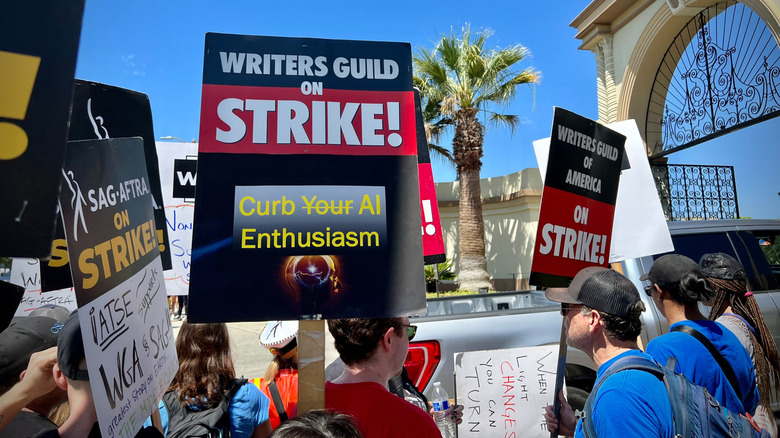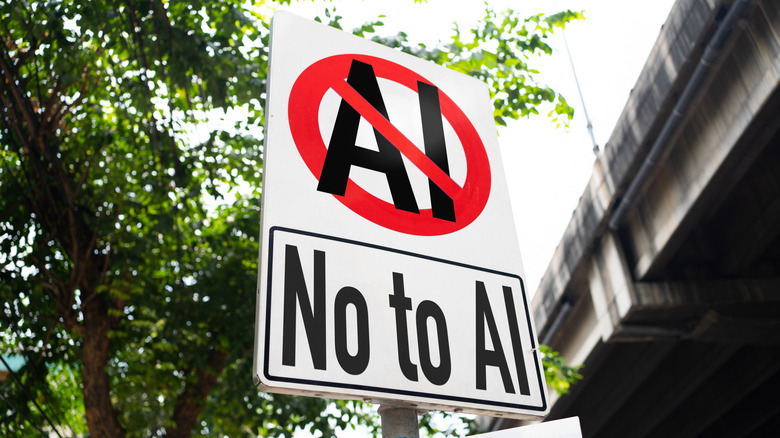Developer Offer
Try ImaginePro API with 50 Free Credits
Build and ship AI-powered visuals with Midjourney, Flux, and more — free credits refresh every month.
Why A Top AI Researcher Avoids ChatGPT

When a world-renowned expert in artificial intelligence chooses to boycott one of its most popular tools, it's worth asking why. Dr. Milagros Miceli, a respected computer scientist, sociologist, and researcher, has made a conscious decision not to use ChatGPT. Her reasoning cuts through the hype and exposes the often-hidden ethical dilemmas at the heart of the AI revolution.
In a candid interview with National Geographic, Dr. Miceli stated, "No, I don't use it. It's a bit of my conscious consumption... I work with people who worked on ChatGPT training, and it has turned out very badly. It has destroyed their lives, and OpenAI has never compensated them. So when you work with those people closely or they're friends, it's like you feel like a betrayal."
This powerful statement highlights growing concerns about how AI is developed, its impact on the global workforce, and its potential to diminish human creativity.
The Hidden Human Cost of AI

One of Dr. Miceli's primary concerns is the exploitation of labor. She points out that while companies boast about creating fully autonomous AI, this narrative often conceals a different reality. For instance, when Amazon introduced cashier-less supermarkets, the technology wasn't as autonomous as claimed. A new, hidden workforce was required to monitor the systems from behind the scenes.
Dr. Miceli explains that these monitoring jobs are frequently outsourced to poorer countries, where workers face precarious conditions and lower pay. This creates a stark ethical problem where the convenience of AI in one part of the world is built on the unstable and poorly compensated labor of another.
Eroding Skills and Devaluing Creativity
Beyond labor exploitation, Dr. Miceli warns of a more subtle danger: the erosion of human intelligence and creativity. She argues that an over-reliance on tools like ChatGPT can make people less capable of thinking for themselves, leading to a de-skilled workforce. When skills are diminished, so is the value of labor, resulting in lower pay and less job security.
The future of work, she cautions, could be filled with jobs that are "less interesting and more precarious." Instead of challenging and fulfilling roles, we might see an increase in monotonous, unstable employment, as discussed in broader conversations about AI taking jobs. There's growing evidence to support the idea that ChatGPT is making people dumber by discouraging critical thought.
Why This Expert's Voice Matters

Dr. Miceli is not just an outside critic; she is deeply embedded in the field. As the research lead at the Distributed AI Research (DAIR) Institute and a research leader at the Weizenbaum Institute in Berlin, her work is dedicated to exposing AI's potential for harm and promoting non-exploitative technology. Her numerous publications, including "The Exploited Labor Behind Artificial Intelligence," provide a rigorous academic foundation for her concerns.
She draws a compelling parallel to illustrate her point: "drones ... capable of killing people thousands of kilometers away ... The horrific face and the entertaining face are two sides of the same coin. One serves as a distraction from the other." For Dr. Miceli, the convenience of AI tools like ChatGPT serves as a distraction from the serious ethical and social problems they create. Her perspective is a crucial reminder to look beyond the hype and question the true cost of technological progress, including whether AI has already become conscious.
Compare Plans & Pricing
Find the plan that matches your workload and unlock full access to ImaginePro.
| Plan | Price | Highlights |
|---|---|---|
| Standard | $8 / month |
|
| Premium | $20 / month |
|
Need custom terms? Talk to us to tailor credits, rate limits, or deployment options.
View All Pricing Details

